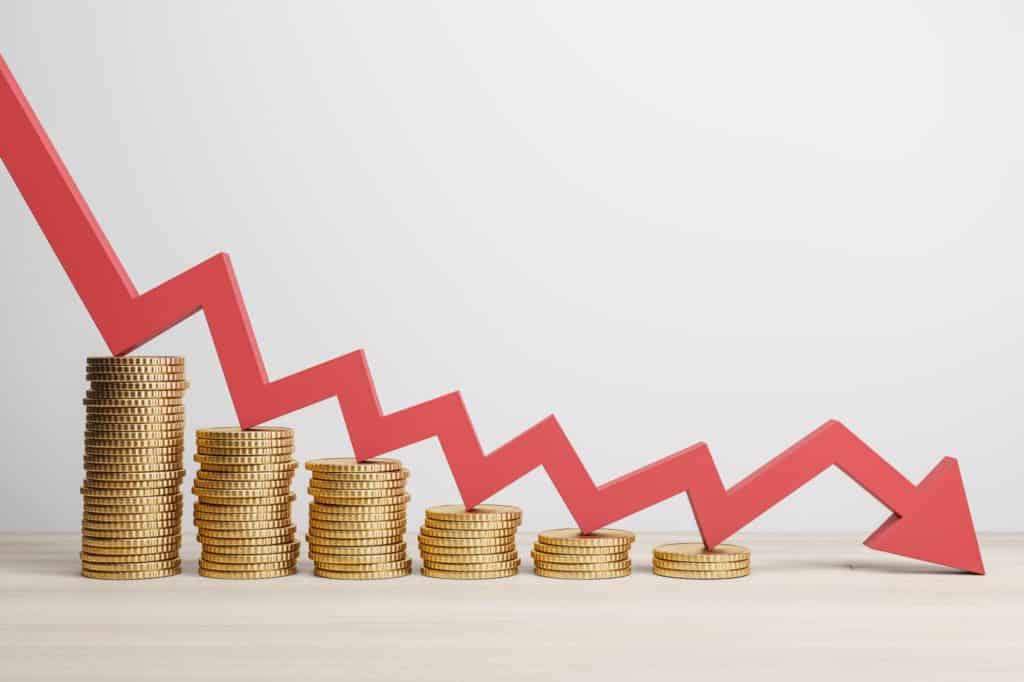Cash flow management is necessary for startups and small businesses because it is the foundation of a business’s ability to operate. It’s managing cash resources to ensure that cash is always available for business operations.

We will explore why cash flow management matters, and how startups can make it easier to manage their cash flows.
What Are the Key Factors that Impact Your Cash Flow?
The key factors that impact your cash flow are the management team, venture capital investors, and revenue projections.
In growing your business, you need to ensure you have a strong management team. Your team should provide a clear vision for the company and be able to execute it. They should also have experience managing and running a business, helping them manage finances more efficiently.
Revenue projections are also important, as they can help you plan what you need for growth. It can also help you decide whether you should take on additional investment from venture capitalists.
Creating a Cash Flow Plan that Works for Your Business
Cash flow is a term that most businesses know but few understand. It’s turning revenue into cash, and then back into assets or investments. To create a successful cash flow plan for your business, you need to fully understand your expenses and how much money is required to succeed.
A cash flow plan helps track your money and identify growth opportunities. The first step is to reflect on the strengths and weaknesses of your approach so far. What has been successful and what hasn’t? This will help you map out the next steps in your process.
Here are a few steps to creating a cash flow plan:
- Establish your business objectives. What are you trying to accomplish? Review the company’s goals and identify the milestones.
- Plan for growth: How will you get more clients or customers and increase revenue?
- Evaluate your momentum: How can you keep the momentum going and build on it?
- Plan for sustainability: How do you plan to continually expand what you’re doing?
- Create your budget: Break down expenses into categories. Create a budget based on projected cash inflows and outflows.
- Consider contingencies: What will happen in an emergency or if revenues don’t meet projections? What steps will you take to stay in business and get results?
Finance Tips to Enhance the Growth of Your Business
Having a financial strategy in place is critical, especially when you start with low capital. You need to be aware of your financial goals and how you can get there.
To start, understand the difference between your fixed and variable costs. Fixed costs don’t change, whereas variable costs fluctuate based on revenue. A business should carefully analyze its fixed and variable costs before deciding on which type of financing it needs if any.
There are different financing options available for businesses, such as invoice factoring, loans, venture capital investments, and equity investments. For small businesses with little capital, invoice factoring might be the best option for funding business growth.
- Consider crowdfunding. If you have a product in the pipeline and need funding, crowdfunding is a great way to raise capital, especially for startups that don’t yet have strong cash flow.
- Negotiate with suppliers. Suppliers may be open to more favorable payment terms. This will give you more time to pay without getting deep in debt.
- Don’t try to grow too fast. Additional employees are an important asset, but investment and return must be evaluated. Consider salaries, employee benefits, supplies such as computers, and desk space. Outsourcing might be a better choice.
- Explore invoice factoring. You can sell your outstanding accounts receivable to an invoice factoring company in exchange for cash. A factoring company is a quick way to get financing and free up working capital.
- Run a lean operation. Find ways to do more with what you already have. This can be challenging due to a lack of time and resources, but small changes can lead to big results.
- Use good tasking software. Task management software is a digital tool that helps organize, prioritize, and delegate your work and stay on track. Task management software is a must-have for any company focusing on productivity and saving money.
- Plan for and invest in growth. Identify areas for growth, and reinvest in the company to compete at a higher level for greater success down the line.
Conclusion
Cash flow management is vital to all businesses, particularly for start-ups on a tight budget. Approaches vary depending on the company’s needs, but planning is essential. Startups can generate money in several ways, including invoice factoring with a reputable factoring company, equity crowdfunding, and planning for growth. By effectively managing their cash flow, startups can generate more revenue and become more successful.








